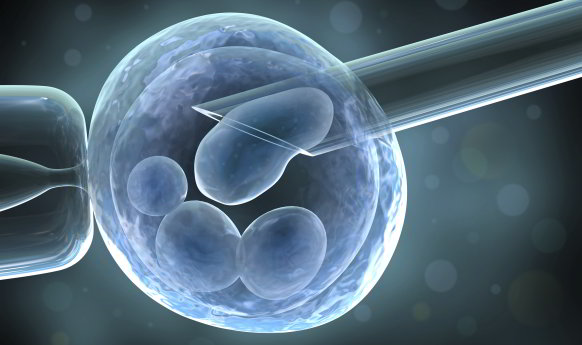Last week I gave a talk at the Latin American meeting organized by Red LARA and SAMeR. I was invited to talk about “PGS: an routine or experimental technique?”
PGS is a diagnostic test to evaluate chromosomes of the embryos. That way, we could select those embryos with normal chromosomes to be transferred, avoiding the transfer of abnormal embryos.
Some few years ago, several studies (including two meta-analyses published by the Cochrane collaboration in 2010 and by Mastenbroek in 2011) showed that PGS was not only ineffective to increase live birth rate but also it was deleterious. It is important to remark that, in most studies included on those two reviews, PGS was performed with techniques that are not used nowadays: FISH on day 3, evaluating 1-2 cells, and not evaluating all the chromosomes.
In the last few years, new advances brought a new PGS which outcomes should be re-evaluated. Nowadays, PGS is done with micro-arrays (aCGH), quantitative PCR (qPCR) or some other techniques. Besides, all the chromosomes are evaluated and the biopsy is performed on blastocyst stage (analyzing several cells coming from the trophoectoderm). All these characteristics could make a big difference.
However, even when the technique is safer for the embryos and the accuracy of the test seems to be higher, we should still evaluate it in order to understand which are the advantages of using PGS. What is the benefit and which is the cost?
Several new papers have consistently published increased implantation rates (Scott 2013, Yang 2012, Forman 2013). However, no one showed increased live birth rate per initiated cycle. And we still await for outcomes such as miscarriage rate, time-to-pregnancy and abnormal chromosomes in live birth rate.
PGS seems to be good but, as it is not costless, we should know a little more to understand if it can be used routinely and in whom.



